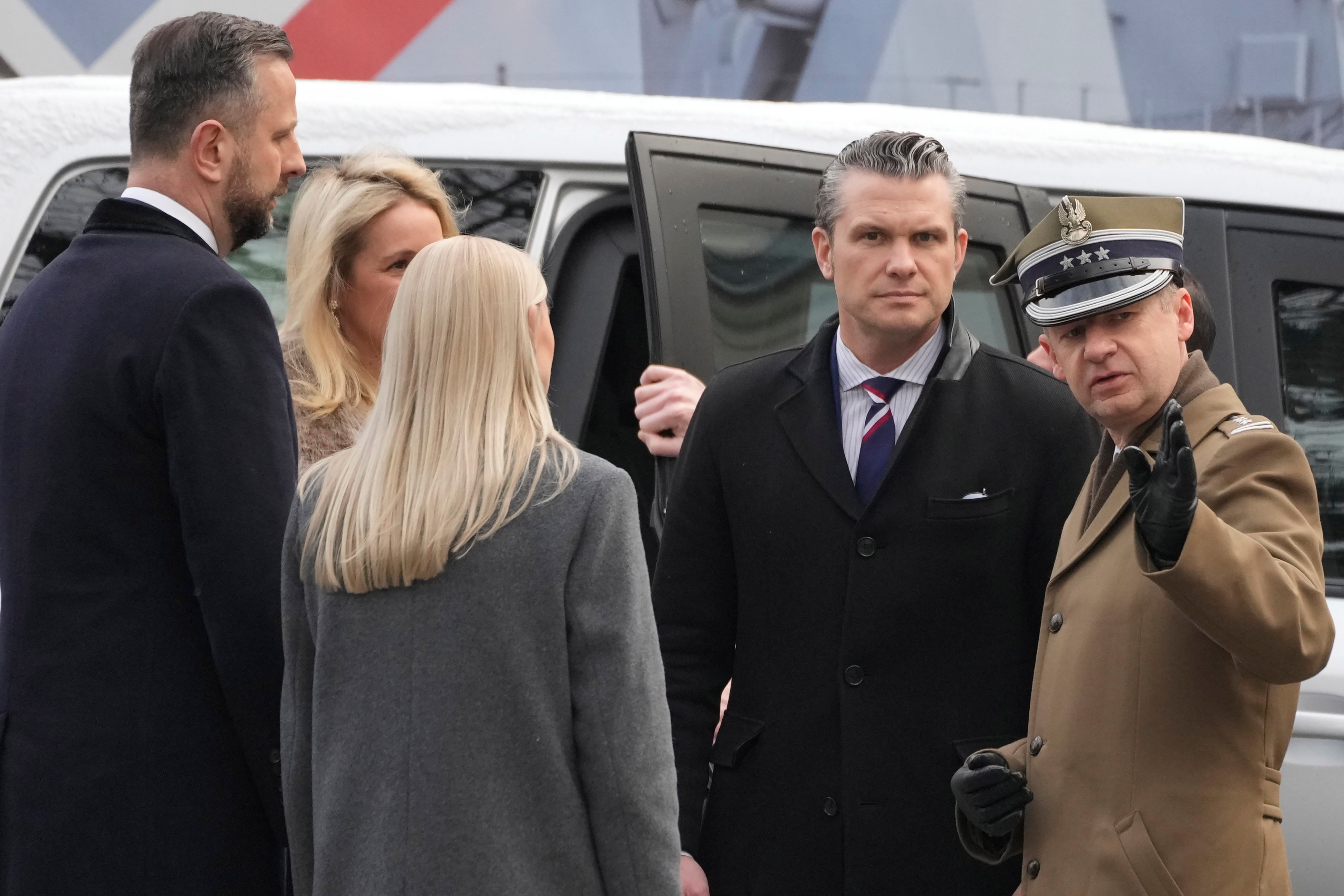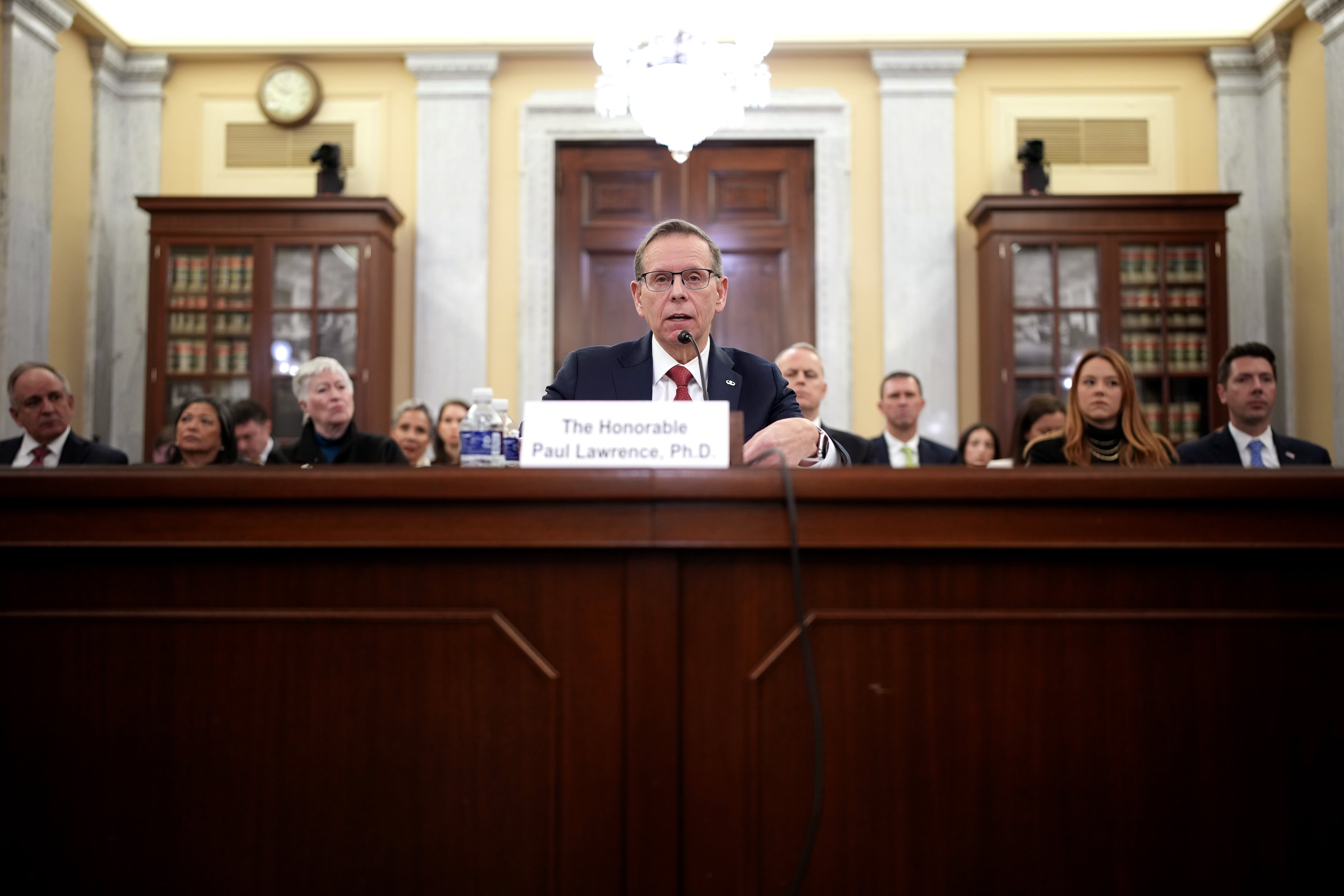Islamic State forces have attacked an Iraqi town at least twice this week with mortars containing an unidentified chemical, killing a three-year-old child and wounding or driving out hundreds of people, Iraqi officials said, according to media reports.
In the latest attack, the town of Taza, near the northern city of Kirkuk, was hit early Saturday, the Associated Press reports, quoting security and hospital officials.
"There is fear and panic among the women and children," Adel Hussein, a local official tells the AP. "They're calling for the central government to save them."
Hussein said a German and an American forensics team arrived in the area to test for the presence of chemical agents.
The wounded are suffering from infected burns, suffocation and dehydration, said Helmi Hamdi, a nurse at the Taza hospital. He said eight people were transferred to Baghdad for treatment.
Officials in Taza said some 400 residents were exposed to the chemical in the first attack on Tuesday, The Wall Street Journal reported.
Most victims had minor respiratory problems and rashes, and at least four were hospitalized in Baghdad in critical condition, according Masroor Aswad, a member of Iraq's human-rights commission, the newspaper reported. He said 3-year-old Fatima Samir died of kidney and lung failure.
The chemical was still being analyzed, but symptoms were consistent with exposure to mustard gas or chlorine, an Iraqi provincial forensic expert said, according to The Journal.
The newspaper said Taza's officials and residents, who are primarily ethnic minority Shiite Turkmen, have pleaded with Iraq's government for months to clear the area of militants. Tensions between Shiite militias and Kurdish forces fighting the extremists, however, have prevented a unified assault against the extremists, according to The Journal.
An Islamic State operative captured in Iraq has told U.S. military personnel that the terrorist group had plans to use mustard gas against American allies fighting them, a senior Defense Department official said Wednesday.
The fighter, who was detained by U.S. special operations forces last month, has been identified by the U.S. military as a chemical weapons specialist, according to the official, who did not want to be named because he is not authorized to discuss the matter publicly. The weapons were going to be used against Kurdish forces and other U.S. allies, the official said. The timing of any such attack is unclear.
The captured fighter was the top "weapons emir" for the extremist group, according to a second Defense official, who also asked to remain unnamed because of the sensitive nature of the matter. The captive was a top chemical weapons official under Iraqi dictator Saddam Hussein, who was ousted during the U.S. invasion of Iraq in 2003 and later executed, the second official said.
The U.S.-led coalition said the chemicals that the militants have used so far include chlorine and a low-grade sulfur mustard, which is not very potent. "It's a legitimate threat. It's not a high threat. We're not, frankly, losing too much sleep over it," U.S. Army Col. Steve Warren told reporters Friday.
The coalition began targeting the extremists' chemical weapons infrastructure with airstrikes and special operations raids two months ago, Iraqi intelligence officials and a Western security official in Baghdad told the AP.
Airstrikes are targeting laboratories and equipment, and further special forces raids targeting chemical weapons experts are planned, the officials said. They spoke on condition of anonymity because they were not authorized to brief reporters.
Contributing: Tom Vanden Brook in Washington.





